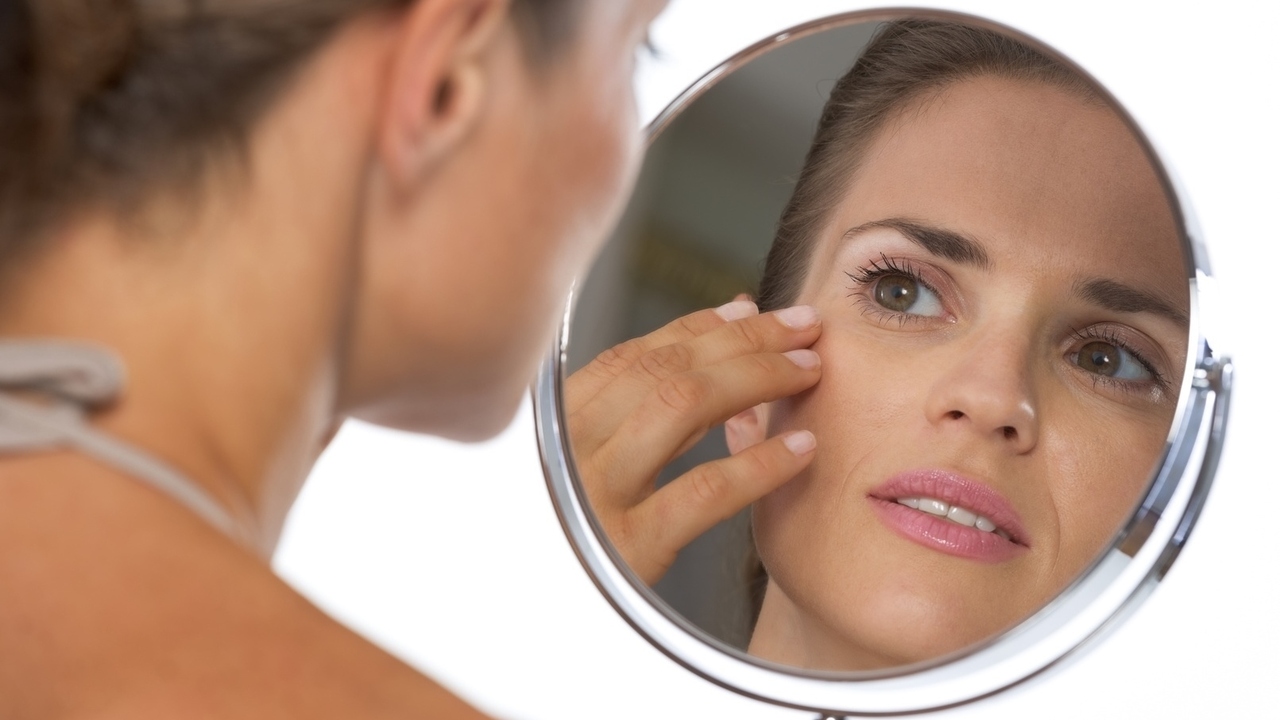Our bodies change so much as we age; wrinkles, sagging, bags, and maybe a limp. However, some changes aren’t so obvious- like those in your eyes.
Examples include:
Presbyopia – This happens to all adults eventually. It is a normal part of aging. Your eyes become less able to focus on things close up. You will know it’s happening to you without an eye exam, because you will find yourself holding reading materials further and further away from your face to see them clearly. This is why people start wearing reading glasses, often in their 40s. There is currently no way to prevent presbyopia, but there are glasses, contacts and surgical procedures to treat it.
Floaters – There is a gel-like substance in your eyes called vitreous. As you age, it starts to shrink, and gets a bit stringy. This causes floaters, which are dark specks or cobwebby shapes that float around in your line of sight. They can be annoying, but are common with aging. Usually as you look at something the floaters move around with your eyes, but will eventually sink below the line of sight.
The problem with floaters is that a detached retina can have similar symptoms, and while floaters are not usually dangerous, a detached retina requires emergency treatment. If you suddenly have new floaters or you lose peripheral or side vision, or see flashes of light, see an ophthalmologist immediately. A detached retina can cause blindness in a matter of a few days.
Macular Degeneration – The macula is in the center of your retina in the back of your eye. It helps you see detail. In macular degeneration, the macula’s blood vessels are damaged and you lose your central vision; things in the center of your field of vision are blurry and hard to see, while the outside remains clear. This makes it very hard to read or see detail and color, but you can still see well enough to walk and do other tasks. Over time it may become difficult to recognize faces or drive.
Macular degeneration is most common in people older than 60, but the cause is not known, and not everyone gets it. It is more common in smokers, Caucasians, people who are obese and eat a high fat diet and women. There is no cure for macular degeneration, but there are treatments that can help slow its progression.
These are just a few of the more common age related sight problems. Some medications can have adverse effects that damage vision, and some diseases such as diabetes are known to cause eye problems. It is important to see an ophthalmologist periodically to be sure your eyes are healthy, because sometimes the early stages of eye disease cause subtle changes that you may not notice until the damage is done.
Sources:
Medline Plus
National Eye Institute




Add a CommentComments
There are no comments yet. Be the first one and get the conversation started!